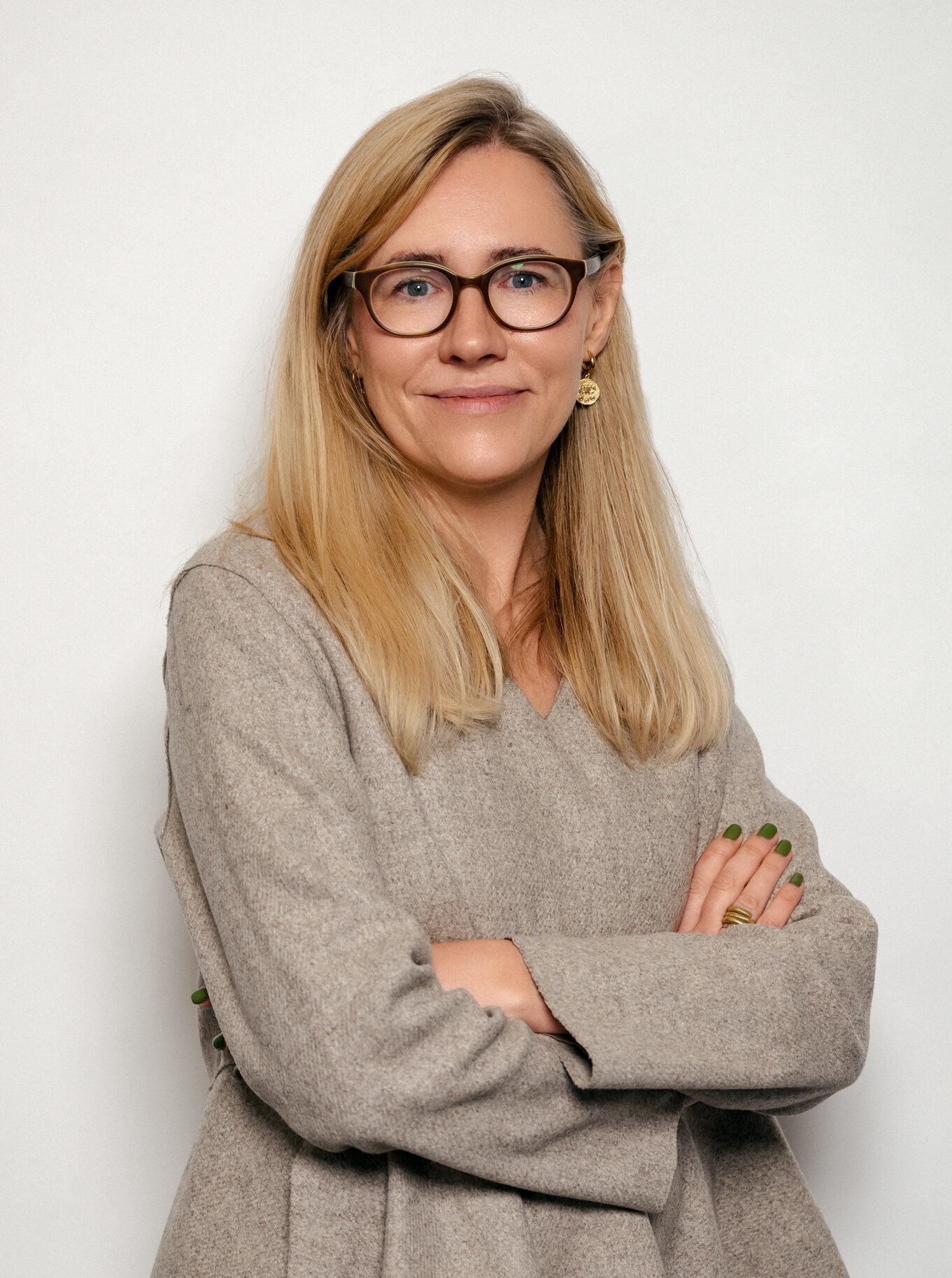With no influence over the change
The onset of the Covid-19 pandemic posed a great challenge. Schools shifted abruptly to online platforms, leaving students like Gabija, who had just begun upper secondary schooling, without a familiar classroom environment or personal interactions. The abrupt transition disrupted their education. A change that she had no influence over, although it impacted her life very hard. And as normal routines were returning, the eruption of the Ukraine War introduced a fresh wave of uncertainty and concern.
The Nordic Welfare Centre has in the wake of the pandemic interviewed Nordic youth about their right to be heard and involved during crisis. In co-operation with the Nordic Council of Ministers Office in Lithuania we have added interviews with Baltic youth. You can watch all the interviews here.
The need of a platform to voice opinions
For Povilas, starting university coincided with the pandemic, leading to isolation and emotional strain. The war in Ukraine further fuelled his anxieties. Povilas found solace in supporting Ukrainians, contributing to a cause that resonated with him.
Povilas, believe it holds significant importance for the younger generation to have a platform to voice their opinions. Among the primary benefits of this approach is stress reduction.
– The mere act of expressing one’s perspective can alleviate the burden of tension, says Povilas.
The war’s proximity shook Lithuanian youth, evoking memories of their history and highlighting the importance of safeguarding freedom and democratic values. This shared experience prompted an outpouring of empathy and solidarity, reflecting a collective awakening among the youth.
Affected the mental and physical well-being
The experiences of Gabija and Povilas echo that of youth across Lithuania and the Nordic region. The pandemic disrupted their lives, without them having a say. The crisis affected their mental and physical well-being and limiting access to essential services and activities crucial for their development.
In conclusion, the experience of Povilas, Gabija, and their peers underscores the necessity of including youth in decision-making processes, particularly during crises. Their experiences emphasise the critical role of being heard and involved in matters that significantly impact their lives. As Lithuania and the world navigate ongoing and potential future challenges, prioritising youth perspectives is central in shaping a more inclusive society.
The right to be heard
Over the past three years, the Nordic Welfare Centre has investigated the consequences of the COVID-19 pandemic for children and young people, and their right to be heard and involved when decision-makers implement measures that affect them. Our new research and mappings shows that children and young people were to a small extent heard and involved when pandemic measures were introduced in schools and leisure activities.
Children have the right to be heard and involved in all matters that affect them. Decision-makers must consult children and young people to see the consequences of the measures they implement, to ensure that they safeguard the welfare of children and young people in a good way. This is particularly important when extraordinary situations and crises.






